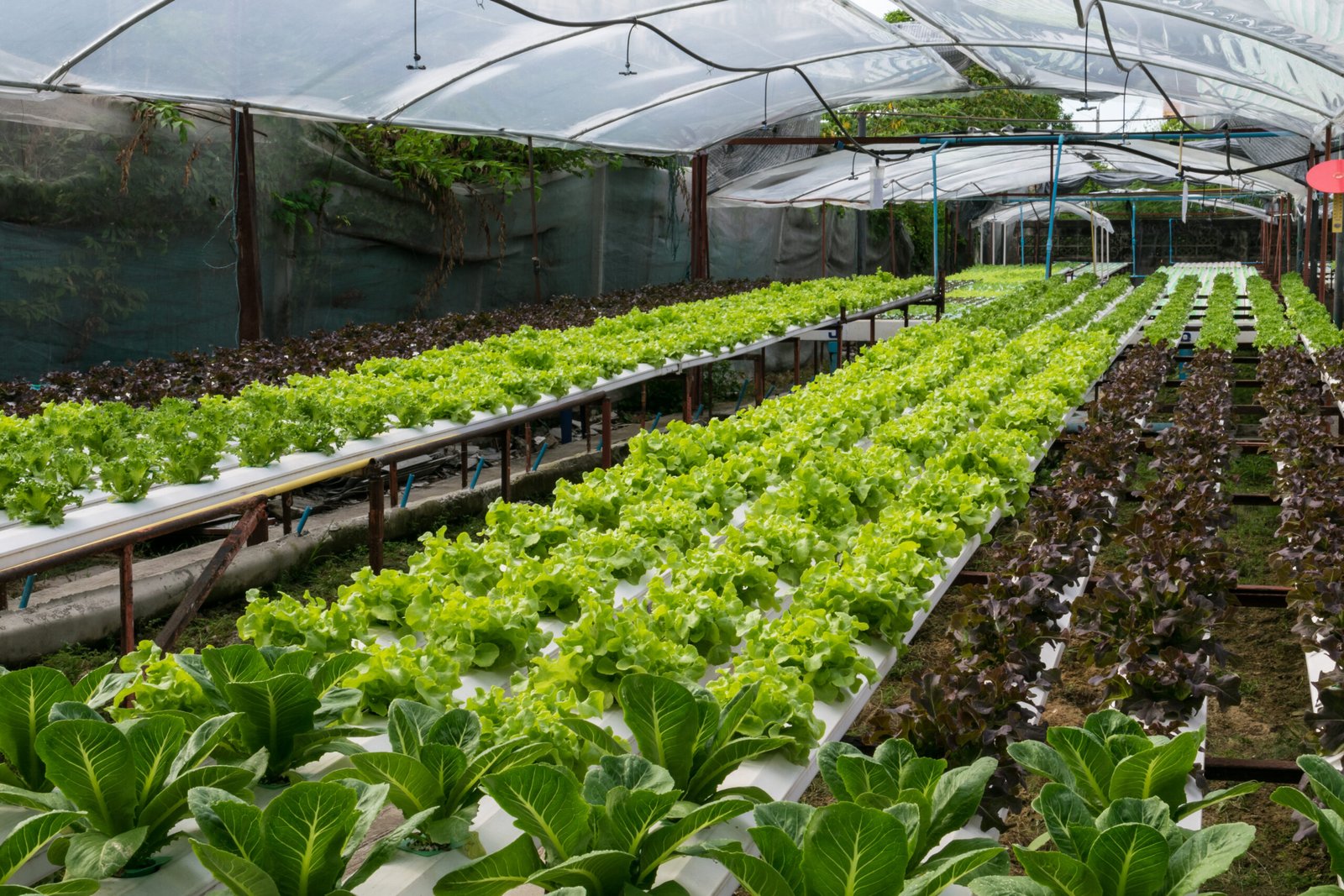⚫ Introduction :
Hydroponic/soilless farming is revolutionizing agriculture by enabling plants to grow without soil. This method offers various benefits, but it also presents some challenges. At Jyoti Hydroponics, we aim to provide balanced information to help you make precise decisions about your farming practices. Here’s an in-depth look at the pros and cons of hydroponic/soilless farming.
⚫ The Bright Side: Pros of Hydroponic/Soilless Farming
- Efficient Use of Water: Save Every Drop!
Pro: Hydroponic/Soilless systems use significantly less water than traditional farming. We try to make sure we don’t recirculate water within the system, and water our plants only when it needs it with balanced PH, EC and TDS of our fertigation solution. This helps minimizing wastage and making this method ideal for regions with water scarcity. Because even if you recirculate water you will have to either dispose that water in a week or 10 days and need to use fresh water or you will have to pass it through RO system to make it reuseable and this would just increase the electricity bill and maintenance cost of your RO system.
2. Faster Plant Growth: Speedy Greens!
Pro: Plants grown hydroponically in soilless culture typically mature faster than those grown in soil due to direct access to nutrients and oxygen, accelerating their growth cycle.
3. Higher Yield: Bumper Harvests!
Pro: Hydroponic/Soilless farming often results in higher yields. The controlled environment ensures that plants receive optimal nutrients, leading to more productive harvests.
4. Space-Efficient: Vertical Farming Marvel!
Pro: Hydroponic/Soilless systems can be set up vertically for Green Leafy crops only, making them perfect for urban areas or places with limited space. This vertical farming technique maximizes the use of available area.
5. Less Pest and Disease Problems: Say Goodbye to Soil-Borne Pests!
Pro: Without soil, many soil-borne pests and diseases are eliminated. This reduces the need for pesticides and makes hydroponic farming more organic-friendly.
6. Year-Round Growing: Fresh Produce All Year!
Pro: Controlled indoor environments allow for year-round production, regardless of external weather conditions, ensuring consistent crop availability.
7. Environmentally Friendly: Grow Green, Stay Green!
Pro: Hydroponics/Soilless Farming can reduce the carbon footprint associated with agriculture by using less water, fewer pesticides, and growing food closer to urban areas, contributing to a more sustainable environment.
⚫ The Flip Side: Cons of Hydroponic Farming with its solution
1. High Initial Setup Costs: Big Investment, Bigger Returns?
Con: Setting up a hydroponic system can be expensive due to the costs of equipment, lights, nutrients, and climate control systems, which can be prohibitive for some farmers. But this can be reduced if we plan it precisely.
2. Requires Technical Knowledge: Steep Learning Curve!
Con: Successful hydroponic/soilless farming requires a good understanding of the system and plant needs, which can be a barrier for those without prior experience or knowledge. Therefore can have a access to our course which gives a deep knowledge with simple understandable concept, to do soilless farming
3. Electricity Dependency: Power Hungry!
Con: Hydroponic systems, especially, rely heavily on electricity for lighting, fertigation, and climate control. Power outages can be detrimental to crop health. But this can be avoided again if we have the complete idea of our place, where we are planning to setup the system.
4. Vulnerability to System Failures: Fragile Ecosystem!
Con: If a hydroponic/soilless system fails (e.g., pump malfunction, nutrient imbalance), plants can die quickly since they depend entirely on the system for water and nutrients. So we need to have a clear understanding of the nutrient recipes for the plants to be given with maintain pH, EC and TDS.
5. Monitoring and Maintenance: Constant Care Required!
Con: Hydroponic systems require constant monitoring and maintenance to ensure optimal plant growth, which can be time-consuming and may require specialized knowledge. This can be avoided by doing farming in Soilless Culture where the monitoring being done is limited when compared to water circulating system.
6. Limited Crop Variety: Not for Every Plant! Is a Mith
Con: Not all crops are well-suited for hydroponic systems. Root vegetables, for instance, are more challenging to grow hydroponically compared to leafy greens and herbs and vine Crops. This can be overcome if we use soilless culture to grow Root Vegetables, with specific size of the growbags as per the plant requirements.
⚫ Conclusion: Hydroponics/Soilless Farming — A Balanced Perspective Hydroponic/Soilless farming presents an innovative solution to many agricultural challenges, offering benefits such as efficient water use, faster growth, and higher yields. However, it also comes with challenges like high setup costs and the need for technical expertise. At Jyoti Hydroponics, we are committed to providing the tools and knowledge necessary to navigate these challenges successfully. Whether you are a seasoned farmer or a beginner, understanding these pros and cons will help you make the most of hydroponic/soilless farming.
For more information and expert guidance on hydroponic/Soilless farming, visit our website at Jyoti Hydroponics Happy farming!
Happy growing !




Thank You